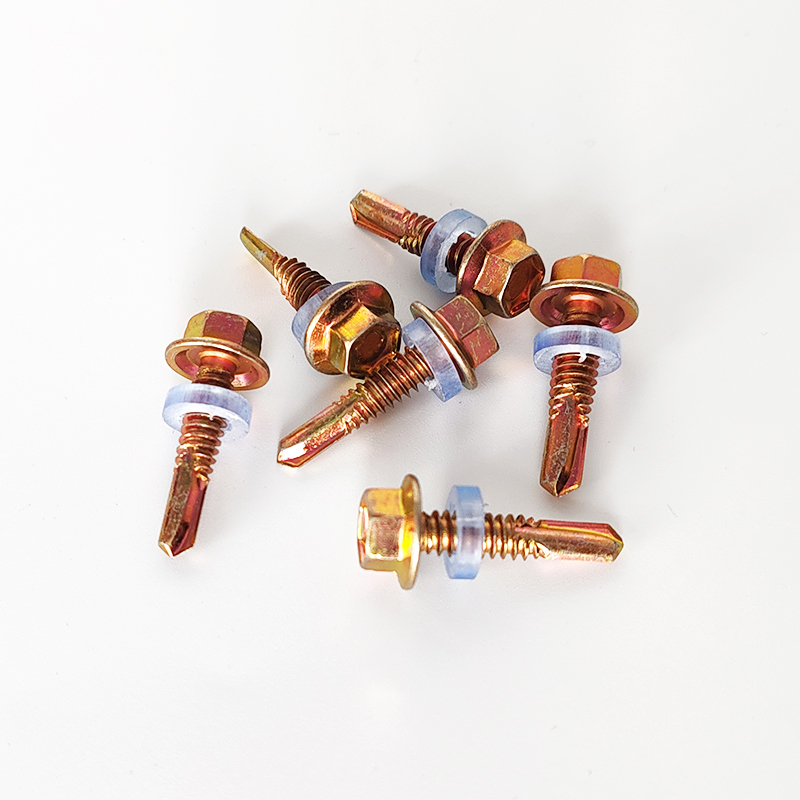resin bolt fixings
Exploring Resin Bolt Fixings A Modern Solution for Structural Integrity
In the world of construction and structural engineering, the reliability and durability of fixings are paramount. Resin bolt fixings have emerged as a cutting-edge solution, providing enhanced performance in a variety of applications. This article delves into the properties, benefits, and applications of resin bolt fixings, uncovering why they are becoming increasingly popular in modern construction projects.
Resin bolt fixings consist of a threaded bolt, typically made of steel, which is embedded into a hole filled with a specially formulated resin. This resin, often an epoxy or polyester compound, cures over time to form a strong bond between the bolt and the substrate, thus creating a reliable fixing capable of withstanding significant loads. One of the key advantages of resin fixings is their ability to provide high tensile and shear strength, making them suitable for a range of demanding applications.
One of the most significant benefits of resin bolt fixings is their versatility. They can be utilized in various base materials, including concrete, brick, and masonry, and are effective in both interior and exterior environments. This versatility enables them to be employed across diverse industries, from construction and civil engineering to industrial applications and infrastructure projects. Furthermore, resin fixings are particularly valuable in situations where traditional mechanical fixings cannot be used, such as in cracked or low-strength concrete.
resin bolt fixings

Another noteworthy advantage of resin fixings is their resistance to environmental factors. The cured resin provides excellent protection against moisture, chemicals, and temperature fluctuations, ensuring longevity in harsh conditions. This durability makes resin bolt fixings an ideal choice for applications in coastal or industrial areas where exposure to corrosive elements is a concern.
Installation of resin bolt fixings is relatively straightforward, which contributes to their growing popularity among contractors. The process typically involves drilling a hole into the substrate, cleaning it, and then injecting the resin before inserting the bolt. Once the resin cures, the bond achieves its full strength, resulting in a secure and robust fixing. Moreover, many manufacturers offer user-friendly kits that include all necessary components, further simplifying the installation process.
In terms of design flexibility, resin bolt fixings offer significant advantages. They can be snugly fitted into confined or awkward spaces, and their ability to bear heavy loads without the need for additional support structures allows for more creative engineering designs. As new technologies continue to advance the properties of resin compounds, the performance and applications of resin bolt fixings are likely to expand even further.
In conclusion, resin bolt fixings represent a modern solution that combines strength, durability, and versatility. With their ability to perform reliably in a wide range of materials and conditions, they are becoming a preferred choice for engineers and contractors alike. As the construction industry continues to evolve, embracing innovative fixing solutions like resin bolts will undoubtedly play a crucial role in enhancing the safety and integrity of structures worldwide.
-
Weatherproof Plastic Expansion Anchors for OutdoorNewsJun.06,2025
-
Sustainability in the Supply Chain: Eco-Friendly TEK Screws ProductionNewsJun.06,2025
-
Load-Bearing Capacity of External Insulation FixingsNewsJun.06,2025
-
Double Head Bolts: Enhancing Efficiency in Industrial MachineryNewsJun.06,2025
-
Corrosion Resistance in Chipboard Screws: Coatings for Wholesale DurabilityNewsJun.06,2025
-
Butterfly Toggle Bolts : Enhancing Structural ResilienceNewsJun.06,2025
